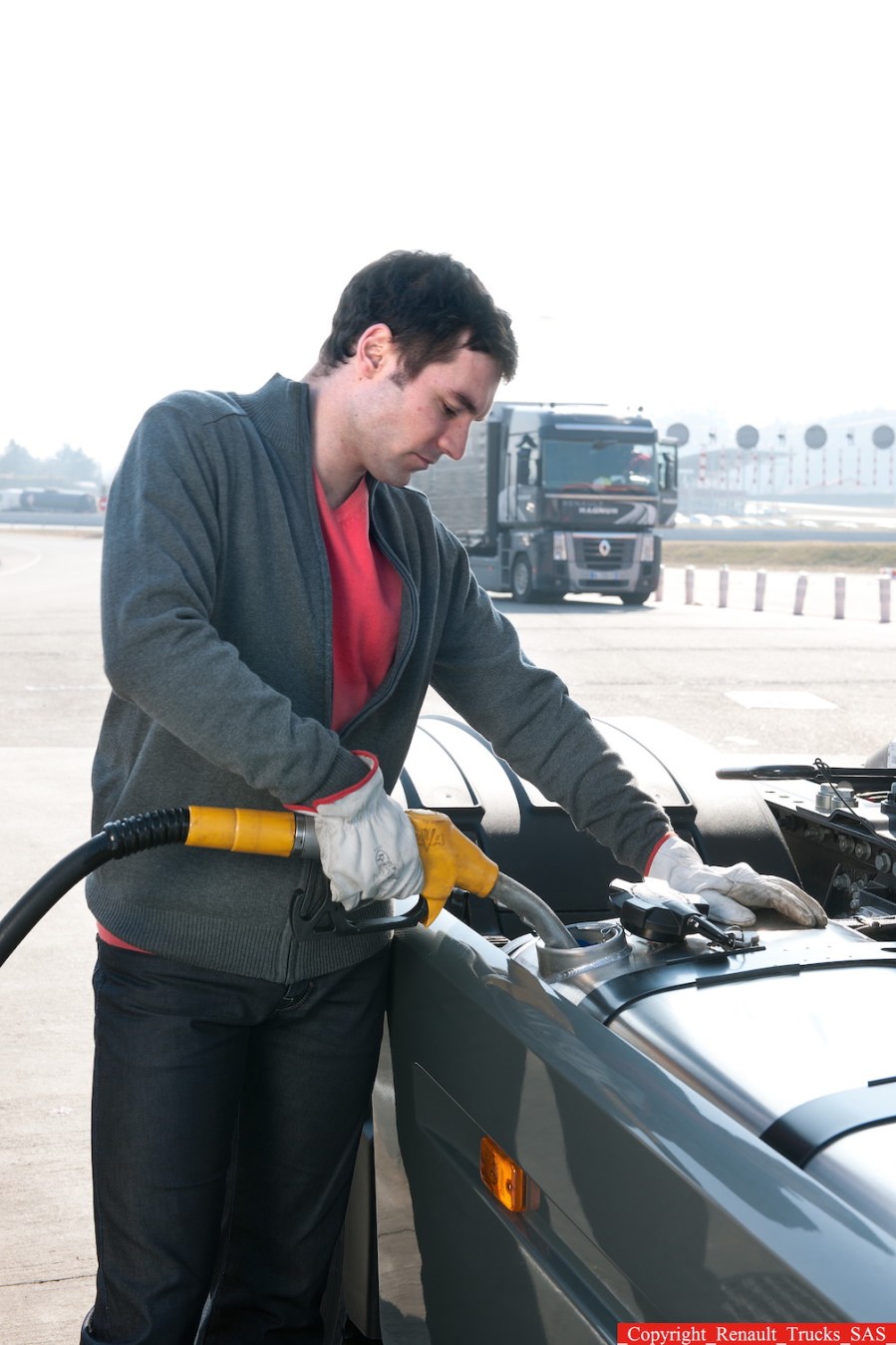A clampdown on diesel vehicles could result in the UK missing European environmental targets, according to a new warning issued by a vehicle data specialist.
Experts from cap hpi, who have authored a new report which looks at the recent issues around diesel, said there is a real danger the EU’s 2021 environmental targets could be missed if the percentage of diesel vehicles continues to decline on UK roads.
The report points out some of the environmental criticism of diesel vehicles is misguided.
All the countries in the report achieved the 2015 CO2 emission target for cars registered in that year. While France and Italy were comfortably below the 130 g/km line, the UK is closer, and Germany only cleared the hurdle by 1.4 g/km.
Matt Freeman, managing consultant at cap hpi and the report’s author, said without continuing sales of diesel engine cars, this target reduction is unachievable.
“Hitting the 2021 environmental targets for CO2 reduction would be a significant challenge without the likely decline in diesel. Therefore it is imperative diesels continue to command a substantial share of the new vehicle marketplace.
“If consumers, with no option of transitioning to hybrid or EVs, switch to petrol the environmental impact is clear – their CO2 emissions would likely rise between three per cent and 23 per cent according to model.”
cap hpi said it predicts that even if consumers decided to change over wholesale to electric vehicles in the next few years, there is not sufficient manufacturing capacity in place for this to happen.
Furthermore, there is not enough battery production capacity, although manufacturers are investing to address the gap.
Diesel engines remain a powertrain option and innovations which ensure they continue to offer high fuel economy, low CO2 and improvements to other emissions will be key, the company said.
The report argues consumer education is key as there is an apparent risk consumers are being led to believe ‘all diesel is bad’, and that any suggestion there is a good diesel option is due to the automotive industry seeking to resist change and preserve the status quo.
This level of miscommunication needs to be countered if diesel is to have a short- to medium-term future, the company concluded.




